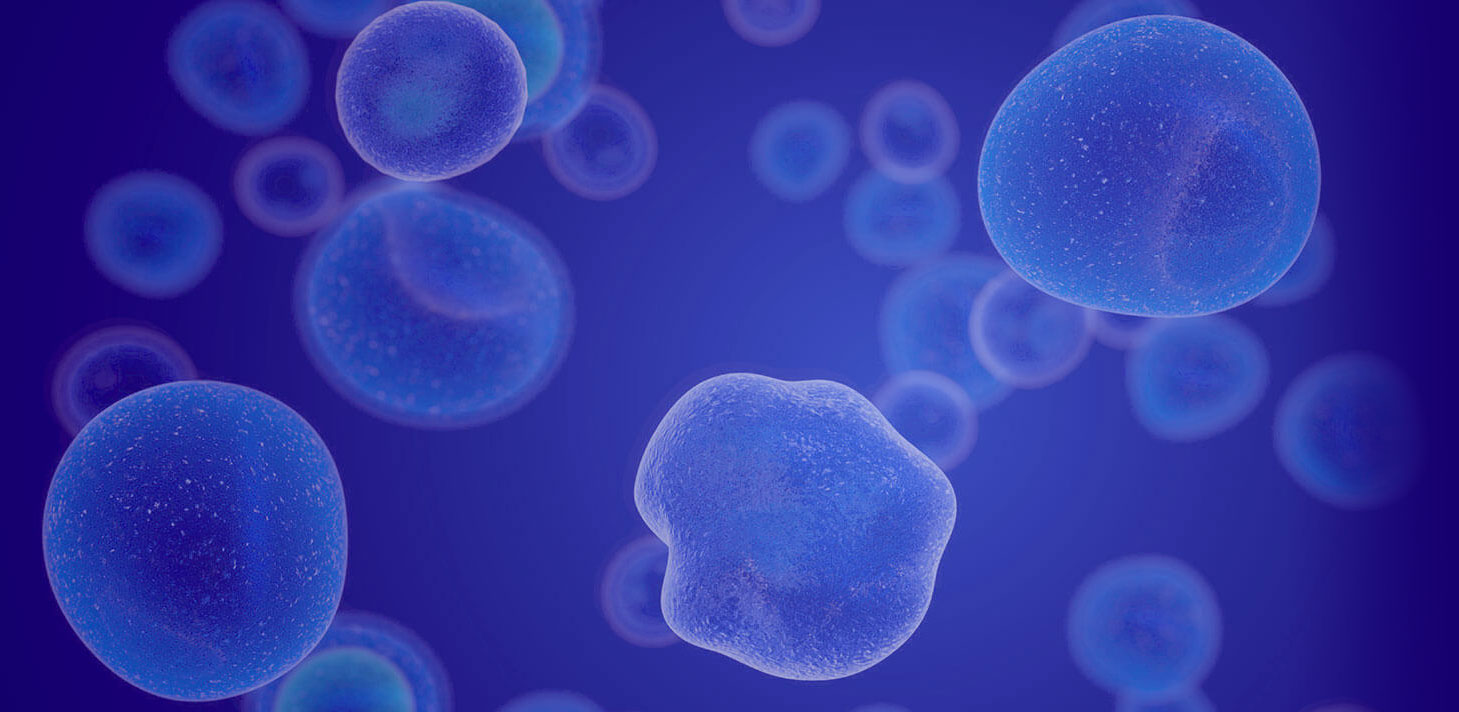Ascorbic Acid IV Infusion
Conveniently located to serve the areas of Greenville, SC, Spartanburg, SC, Columbia, SC, Anderson, SC and Asheville, NC

An ascorbic acid IV infusion is a simple way to introduce restorative vitamin C directly to your bloodstream. Ascorbic acid is simply the chemical name for what is commonly known as vitamin C. We all have heard about how vitamin C can fortify our immune system, thwarting the common cold and other viruses. But did you know that this powerful antioxidant does so much more? From our skin to our heart to our brain, vitamin C plays a crucial role in many different areas of our bodies’ physiology. So, maintaining healthy vitamin C levels is important for leading a healthy, balanced life. But, this can be difficult. Humans, as with all other primates, don’t naturally synthesize vitamin C. Our species is, in fact, unique in this way, as most animals and all plants produce their own vitamin C.[1] While vitamin C comes in many forms, most of these forms have to pass through our digestive tract, which diminishes the antioxidant concentration.
This is why we prefer delivering vitamin C intravenously, bypassing the digestive system, and straight into the bloodstream. With an IV infusion, patients receive a quicker, more concentrated dose of vitamin C. If you would like to experience the benefits for yourself, please schedule a consultation at one of our six locations spread across the Carolinas. To reach Daisy Stem Cell Therapy directly, please call (864) 775-5682.
Contents
Discovery of Vitamin C

We obtain vitamin C when we eat cruciferous vegetables like kale, cauliflower, broccoli, and citrus fruits like oranges, lemons, and grapefruits. These days, a well-balanced diet can sustain healthy vitamin C levels, but this wasn’t always the case. While it is rare in developed countries, low vitamin C levels cause the disease scurvy. Hundreds of years ago, scurvy largely affected sailors, causing poor wound healing, tooth loss, chronic fatigue, depression, and lowered immunity. This disease was incurable and often fatal. In 1746, a Scottish ship surgeon found that implementing citrus fruits into the diet seemed to heal scurvy, so the British Admiralty subsequently issued lemon juice to their sailors.[2] But, they still didn’t understand the mechanism of action at work, resulting in a total reversal of symptoms. Then, in 1923, researchers isolated ascorbic acid.[3] With vitamin C isolated, researchers could unpack its multi-faceted, therapeutic benefits.
Benefits for Wrinkles & Skin Tone
The main physical symptoms of low vitamin C levels are related to diminished collagen production. Collagen, the tensile fibers supporting your skin, is an essential component of healthy, youthful skin. These rope-like fibers act as the scaffolding for our skin. When we’re younger, these fibers keep wrinkles and blemishes at bay as fibroblast cells readily produce new collagen molecules. But, as we age, these cells slow down. Wrinkles and sunspots start to appear. Vitamin C directly energizes fibroblast cells, which stimulates collagen production.[4] This process causes wrinkles and fine lines to fade as the skin begins to tighten. For sunspots, vitamin C inhibits the main enzymatic action responsible for melanin production,[4] so skin tone remains even. Researchers found a significant decrease in brown spots after 16 weeks of topical vitamin C use.[4]
Benefits for Immune System
When we’re feeling under the weather, we are usually told to consume more vitamin-C-rich foods and supplements. But why? Well, vitamin C has been shown to stimulate the production and the function of white blood cells.[5] When our body is fighting an active infection or virus, white blood cells are essential because they engulf and neutralize antagonizing cells. If our white blood cell count is too low, our body is ill-equipped to regain its healthy homeostasis. In addition, intravenous vitamin C treatment has been shown to have an anti-inflammatory effect throughout the body.[5] With too much unchecked inflammation, we can develop chronic diseases like rheumatoid arthritis, psoriasis, and bowel diseases like Cron’s disease.[6]
Benefits for Cardiovascular Health
Keeping our heart pumping strong and our cholesterol low are two important factors for maintaining our health. When plaque starts to build up inside our arteries, it can block the supply of blood flow, resulting in coronary heart disease. Years of buildup can damage coronary arteries and, when too much damage has been done, we can face a heart attack. However, studies have shown that high vitamin C levels were inversely associated with the risk of coronary heart disease.[7] This is thought to be because vitamin C has a cholesterol-lowering effect.[8] Researchers found that patients saw lower cholesterol after just 4 weeks of supplementing vitamin C.[9]
Benefits Against Oxidative Stress
As a powerful antioxidant, vitamin C prevents the oxidation of other molecules in our bodies. Oxidative stress forms when free radicals come into contact with our body’s cells. A healthy diet and lifestyle can prevent some oxidative stress from forming, but not all. Too much oxidative stress is linked to chronic and degenerative illnesses such as cancer, autoimmune disease, and neurodegenerative diseases. Vitamin C is uniquely equipped to counteract free radicals because it can donate a hydrogen atom to form a relatively stable radical that neutralizes free radicals all around the body.[10]
If you are interested in experiencing these benefits for yourself, please schedule a personal consultation at one of our offices in the Carolinas.
Candidates
We believe in using the safest, most advanced, and proven methods to help our patients continue leading healthy, balanced lives. Patients come to us when they’re feeling under the weather, interested in an immune booster, or looking for a direct lift in vitamin C levels. With our quick and simple IV therapies, patients are feeling like themselves in no time at all!
Personal Consultation
If this is your first time with us, we will begin with a brief new patient intake interview and a physical examination. We will listen to your concerns and note which services are best suited for you. This will help us configure your personalized treatment: a comprehensive outlook for your care at Daisy Stem Cell Therapy. Then, we will give you a list of preparatory steps based on your plan. As for IV Therapies, we ask patients to avoid blood-thinning medications beforehand. These can cause unwanted bleeding during the session.
Procedure

An IV Therapy session takes place in one of our private treatment rooms. We will make sure you are relaxed and comfortable before administering the IV drip. As the vitamin C IV infusion hydrates your body, you may notice feeling livelier and more energized almost immediately. This session takes around 30 minutes. Once you’re done, you are free to resume your daily activities without worrying about lengthy recovery times.
Results
After your session, your body will have adequate resources to fight off viral infections, inflammation, and oxidative stress. It is best during this time, if you are sick, to remain at home, resting. We recommend that you continue to stay hydrated and eat a nutritious diet. Many patients come back periodically to keep their vitamin C levels at a healthy baseline level. If you have any questions or wish to get started with your treatment, call us at (864) 775-5682.
How Much Does IV Therapy Cost in The Carolinas?
The cost of your care with us will depend on your finalized treatment plan. We will discuss and determine the cost of your care during your initial consultation. If you are new to us, read about previous patients’ experiences by clicking here.
References
- Padayatty, S. J., & Levine, M. (2016). Vitamin C: the known and the unknown and Goldilocks. Oral diseases, 22(6), 463–493. https://doi.org/10.1111/odi.12446
- Carpenter K. J. (2012). The discovery of vitamin C. Annals of nutrition & metabolism, 61(3), 259–264. https://doi.org/10.1159/000343121
- Chambial, S., Dwivedi, S., Shukla, K. K., John, P. J., & Sharma, P. (2013). Vitamin C in disease prevention and cure: an overview. Indian journal of clinical biochemistry : IJCB, 28(4), 314–328. https://doi.org/10.1007/s12291-013-0375-3
- Al-Niaimi, F., & Chiang, N. (2017). Topical Vitamin C and the Skin: Mechanisms of Action and Clinical Applications. The Journal of clinical and aesthetic dermatology, 10(7), 14–17.
- Chambial, S., Dwivedi, S., Shukla, K. K., John, P. J., & Sharma, P. (2013). Vitamin C in disease prevention and cure: an overview. Indian journal of clinical biochemistry : IJCB, 28(4), 314–328. https://doi.org/10.1007/s12291-013-0375-3
- InformedHealth.org [Internet]. Cologne, Germany: Institute for Quality and Efficiency in Health Care (IQWiG); 2006-. What is an inflammation? 2010 Nov 23 [Updated 2018 Feb 22]. Available from: https://www.ncbi.nlm.nih.gov/books/NBK279298/
- Vitamin C. “Vitamin C.” Linus Pauling Institute, 22 Apr. 2014, lpi.oregonstate.edu/mic/vitamins/vitamin-C#deficiency.
- Chambial, S., Dwivedi, S., Shukla, K. K., John, P. J., & Sharma, P. (2013). Vitamin C in disease prevention and cure: an overview. Indian journal of clinical biochemistry : IJCB, 28(4), 314–328. https://doi.org/10.1007/s12291-013-0375-3
- McRae M. P. (2008). Vitamin C supplementation lowers serum low-density lipoprotein cholesterol and triglycerides: a meta-analysis of 13 randomized controlled trials. Journal of chiropractic medicine, 7(2), 48–58. https://doi.org/10.1016/j.jcme.2008.01.002
- Pehlivan, Fadime Eryılmaz. “Vitamin C: An Antioxidant Agent.” Vitamin C, 2 Aug. 2017, www.intechopen.com/chapters/56013, 10.5772/intechopen.69660


